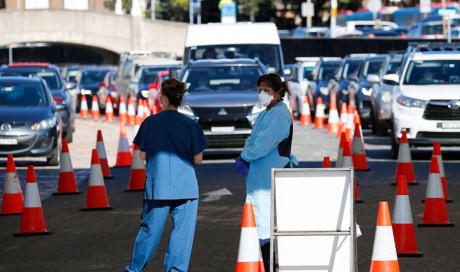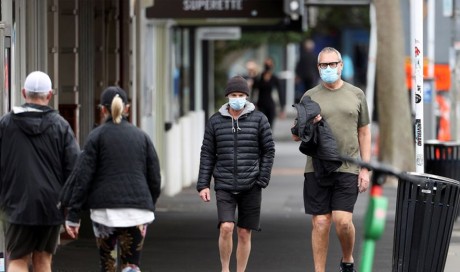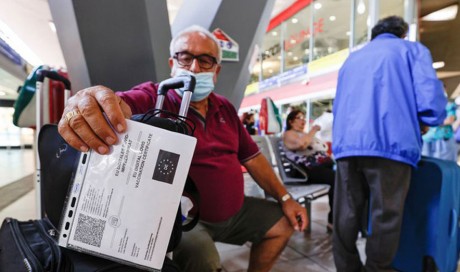To replace the Gillard scheme, Mr Abbott proposes a policy called "Direct Action", which involves paying polluters directly to reduce their emissions.
A $2.5 billion fund called the Emissions Reduction Fund is to be established.
Mr Abbott insists that he believes climate change is real and that humanity contributes to the phenomenon.
At the Paris summit of 2015, the Abbott government commits Australia to reducing emissions by at least 26 per cent from 2005 levels by 2030.
Sixth casualty
.jpg)
Mr Turnbull wins the prime ministership. Direct Action is maintained in principle, but the PM does not much use the phrase and the Emissions Reduction Fund is not given any funding in the 2018 budget.
Mr Turnbull and his Energy Minister, Josh Frydenberg, turn their attention to reliability of energy supply.
Mr Frydenberg creates the National Energy Guarantee (NEG), which would oblige energy suppliers and retailers to guarantee a minimum amount of power at an average emissions level consistent with Australia's commitments under the Paris agreement.
A national energy mix between renewables and legacy generators is incorporated.
Mr Turnbull and Mr Frydenberg insist that the scheme will provide certainty for providers (who back the scheme) and lower prices for consumers.
The Coalition party room approves the scheme on August 14, 2018.
Seventh casualty
In the face of a gathering mutiny in his party room, Mr Turnbull announces that he won't legislate the NEG's stated emissions targets, drawn from the Paris agreement.
The possibility of gaining supporting votes from Labor on a revised NEG deal is not pursued, given the likely conflagration that such an exchange would ignite within the Coalition.
The NEG remains unlegislated; Turnbull's future uncertain.
So what does it mean?
A review of these past two decades reveals not only that there has been a consistent national desire to establish some sort of regulation over carbon emissions, but also that there have been ample periods during which both major parties have wanted to do such a thing, AT THE SAME TIME.
In 2007 and in 2009 and again, now, in 2018, the two major parties are close enough to touch each other.
Between the four men nominally most influential in the Parliament in this matter — Malcolm Turnbull, Energy Minister Josh Frydenberg, Opposition Leader Bill Shorten and shadow energy minister Mark Butler — there is not a vast amount of distance.
But in 2018 — as it has done before — the Australian Parliament has proved itself unable to reach consensus, even where it exists.
Share This Post














